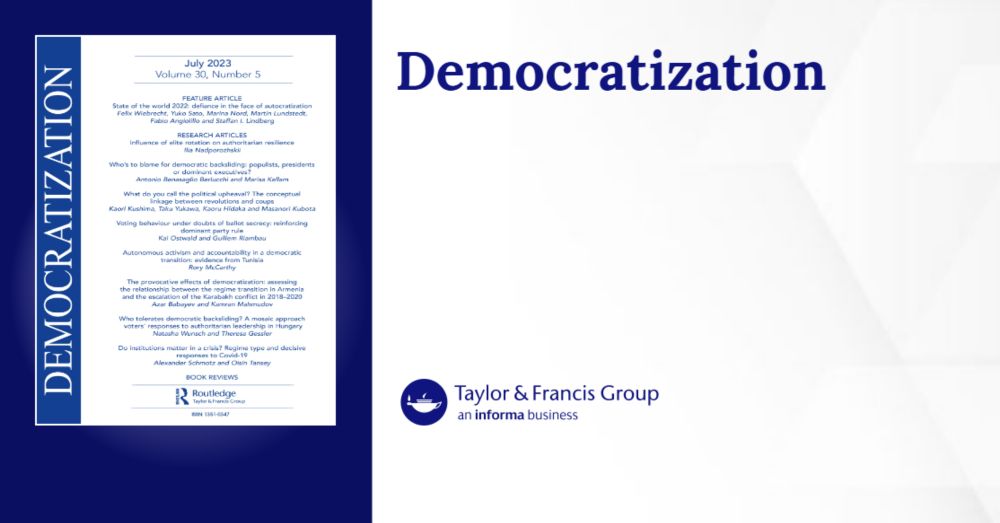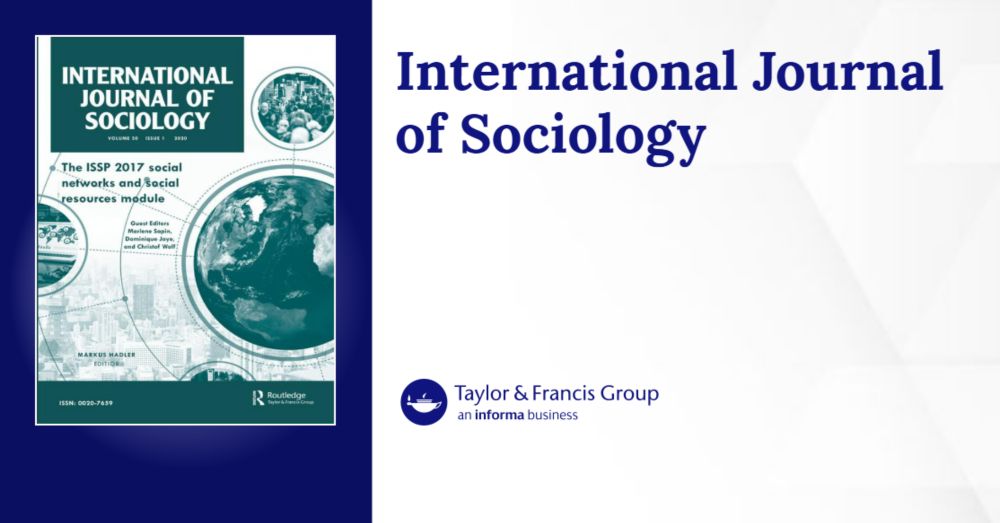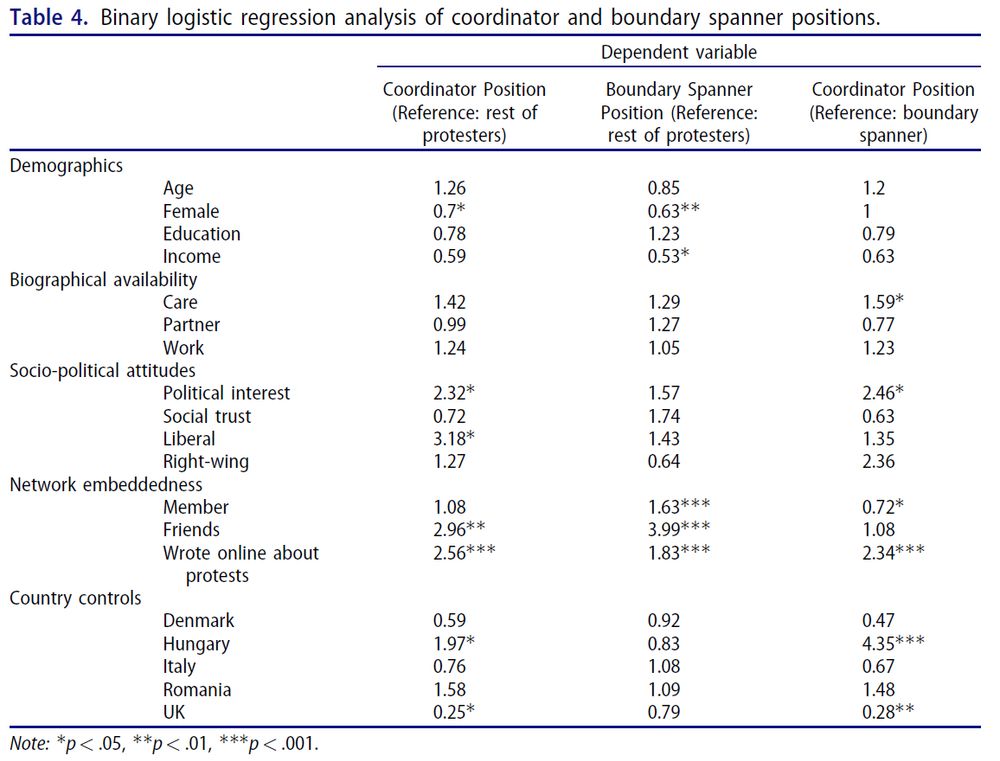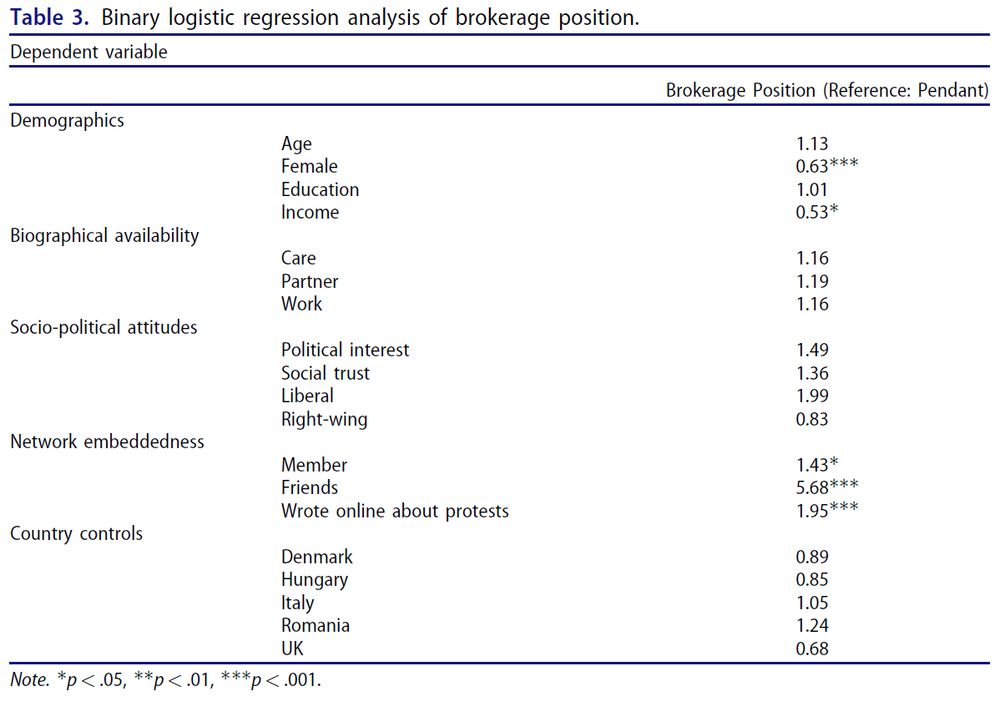www.felipegsantos.com
Dive into the details here: doi.org/10.1080/1351...

Dive into the details here: doi.org/10.1080/1351...
1️⃣ They form ideologically diverse coalitions (from left-liberal to far-right, all under one banner), prioritizing a democratic frame over other ideological policy issues.
1️⃣ They form ideologically diverse coalitions (from left-liberal to far-right, all under one banner), prioritizing a democratic frame over other ideological policy issues.
The paper is available here: doi.org/10.1080/1351...

The paper is available here: doi.org/10.1080/1351...






